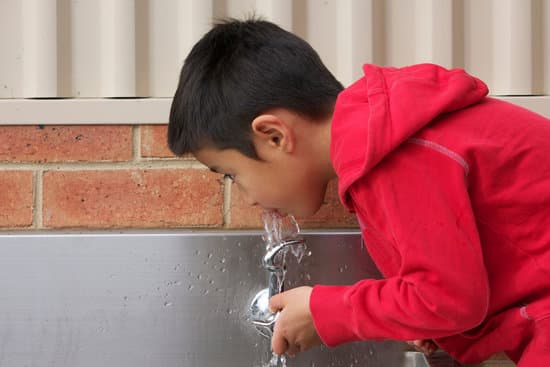When we turn on the tap, we expect the water that flows from it to be clean and safe to use for things like drinking, cooking, and cleaning. Over the past few years, news media has reported on water issues in New Jersey such as the lead crisis in Newark, emerging contaminants like PFAS, or other contaminants that pose a risk to the quality of our drinking water. It comes as no surprise then that New Jerseyans are still crystal clear on their need for clean, safe drinking water, as shown in the results of a survey conducted at the end of 2020, which served as an update to a similar survey conducted in 2017.
In 2017, Jersey Water Works and New Jersey Future conducted a survey to get a baseline of New Jerseyans’ knowledge about the state of their water systems and their level of concern and priorities related to water issues. During December 2020 and January 2021, an abridged follow-up survey was conducted to get an update. The results related to opinions on water infrastructure investment also informed a metric for Jersey WaterCheck, an online resource that connects New Jerseyans to their water systems and helps depict the story of New Jersey’s water.
The surveys in both 2017 and Dec. 2020-Jan. 2021 found that respondents’ highest environmental concern was the quality of their drinking water and that ensuring all people have safe drinking water should be a top priority for our governor and Legislature. Respondents’ awareness of the condition of their water infrastructure remained consistent with both surveys finding that about one in five New Jerseyans don’t know the shape that their water infrastructure is in, suggesting a need for better awareness about water infrastructure. However, the recent survey shows an increase in respondents indicating that they saw a connection between water infrastructure and economic benefits, with 75% agreeing with the statement that increased government spending on water infrastructure will create jobs, up from 63% in 2017.
Both surveys have indicated that most New Jerseyans care about their water and the infrastructure that delivers it to and carries it away from their homes. Jersey Water Works will use the survey results to refine the collaborative’s strategies, as well as to inform Jersey WaterCheck.
1 Both surveys had about the same number of respondents (1,175 in 2017 and 1,176 in 2020). However, the 2017 survey oversampled the 21 cities that have combined sewer overflow (CSO) systems, whereas the 2020 survey had a reasonably balanced geographic distribution. Thus, results that are similar to or different from the corresponding 2017 results should be interpreted with this sampling difference in mind.
